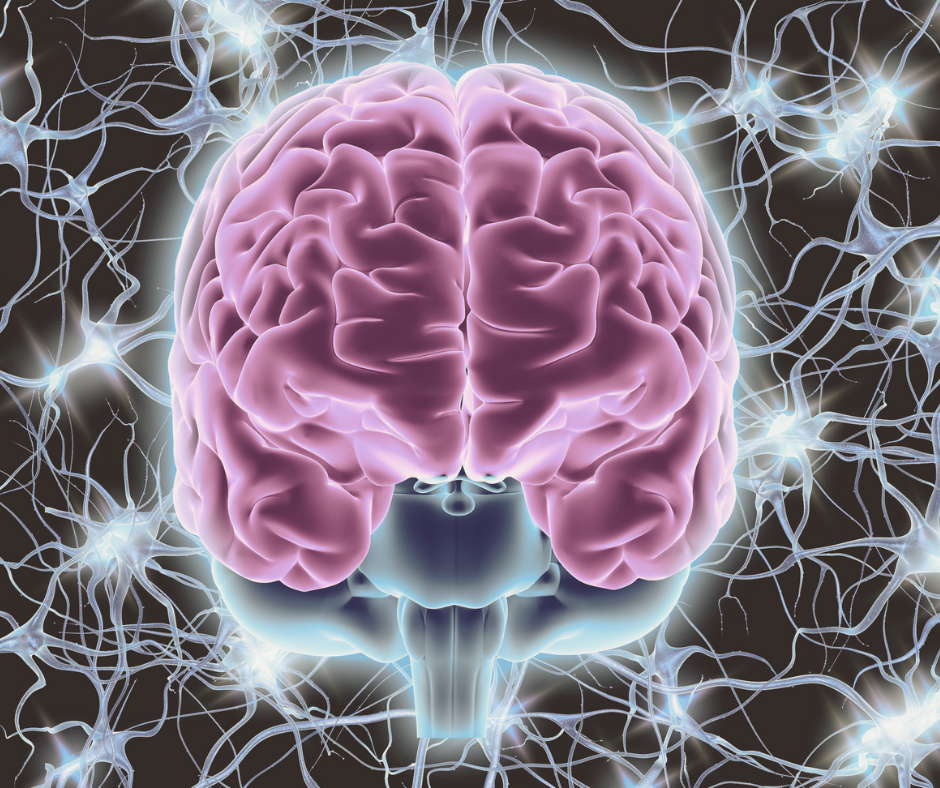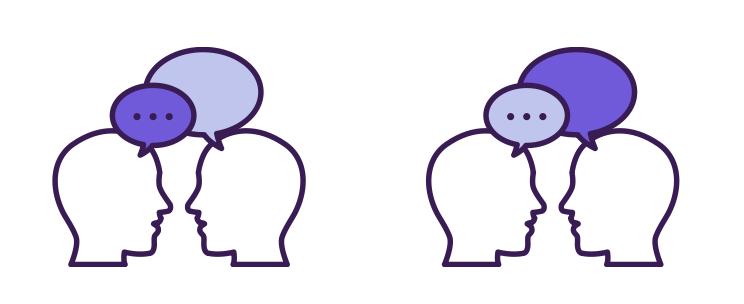
The nervous system is a highly complex part of our biology that controls our functions. Let’s look at why it matters within Neurodiversity.
It has two main parts; the central nervous system (brain and spinal cord) and the peripheral system (nerves that go all through your body). This network of nerves relays messages to and from the brain.

We have a number of senses that are utilised within this system. The ones we usually talk about are touch, taste, hearing, sight and smell. But there are others:
Interoception is the sense of internal experience, when we feel hungry, need to go to the loo, if we feel pain, how we connect with our breathing and heartbeat.
Proprioception is an awareness of our body’s positioning, where our body is in a space, where we are in relation to other things/people.
Our Vestibular system responds to change in head position which regulates balance and ensures we move about smoothly and helps up remain upright, whether in movement or sitting/standing.

You will be aware of your own likes and dislikes when it comes to food, music, touch. How about your environment? Do you prefer noise, quiet, the smell of a certain flower, a warm shower? We all feel our environments differently, this is the human experience.
For neurotypicals, senses work together generally in harmony. Within neurodivergence, there tends to be less harmony and more pronounced experiences of hyper and hypo sensitivity within the individual senses. If one sense is over or under stimulated, it can impact the smooth running of the other senses.
I cannot bear the touch of velvet. It makes my whole body develop goosepimples even if I just think about it. This does not heavily impact my life – the recent fashion for velvet sofas and chairs makes it a little uncomfortable at times but that’s all. But what if the thing that I struggled with was essential to daily life? Food, sound, textures, light, smells, objects, other people, these can all create feelings of huge discomfort for those who experience heightened sensory dysregulation. It can make life really challenging day to day.

In advocating for Neurodiversity, we advocate for difference and understanding. You are not ‘less’ or ‘wrong’ if noisy social environments feel uncomfortable for you, if the smell of someone’s perfume makes you feel sick or gives you a headache, if you find it hard to concentrate because there is an uninvited background noise, if you need to move around more frequently in order to maintain concentration.
There are many ways in which we can advocate for compassion within diversity. Sometimes we need to learn ways to cope – I certainly know I cannot expect everyone to stop buying velvet sofas. And if the sun is too bright, well no one can turn down the brightness of that!
Given that neurodivergence often runs in families, one person’s self-soothing behaviour can also be another person’s sensory discomfort. How do we support each person’s difference without denying the other’s needs?
We have to develop strategies to help us exist in the world. But the compassion and support of others can remind us that we are not wrong in our difference. It can help us see that the criticism that we sometimes experience is a reflection of the outside world rather than a reflection of ourselves. That can have a huge beneficial impact on wellbeing and mental health. To be ok with our unique amazing selves, different but never less, can be immensely freeing and empowering.

If you would like to learn more or connect with a neuro-inquisitive community, please head over to my Facebook Group where you will meet like-minded individuals sharing knowledge and experiences. If you would prefer 1-2-1 support, please reach out to me here to discuss things further.
